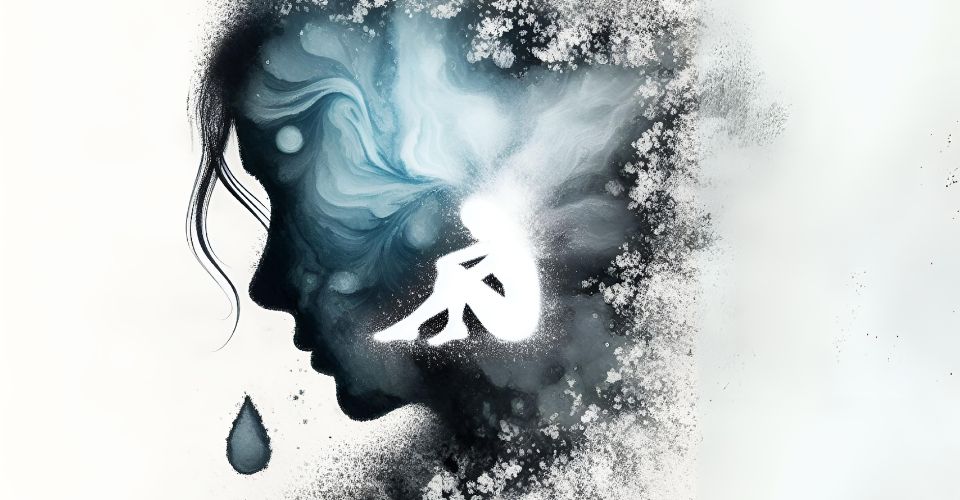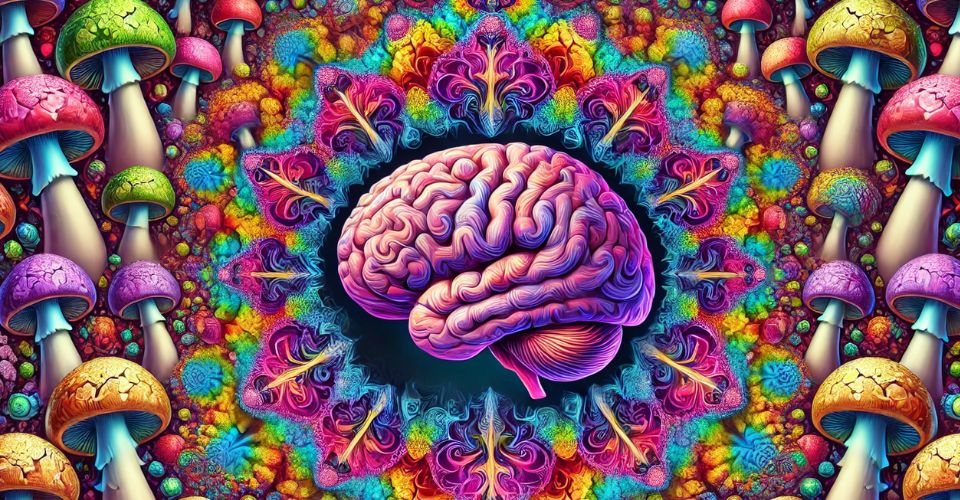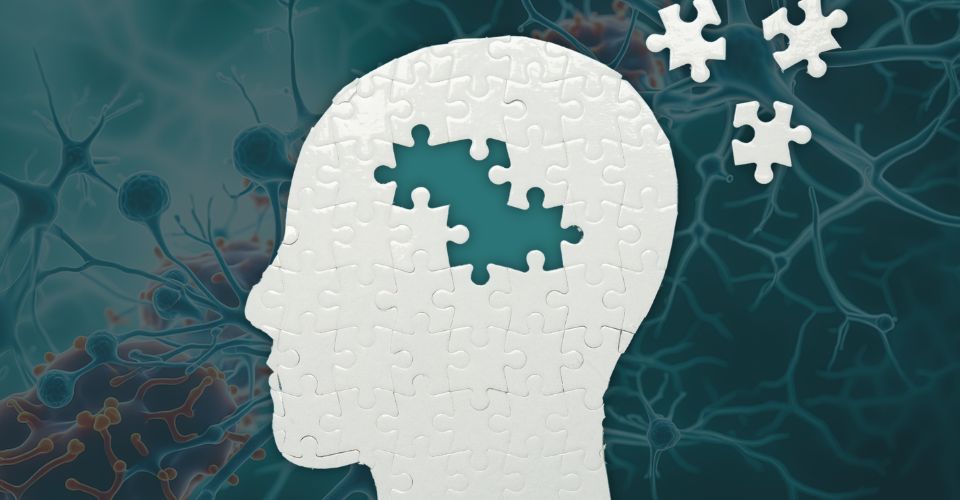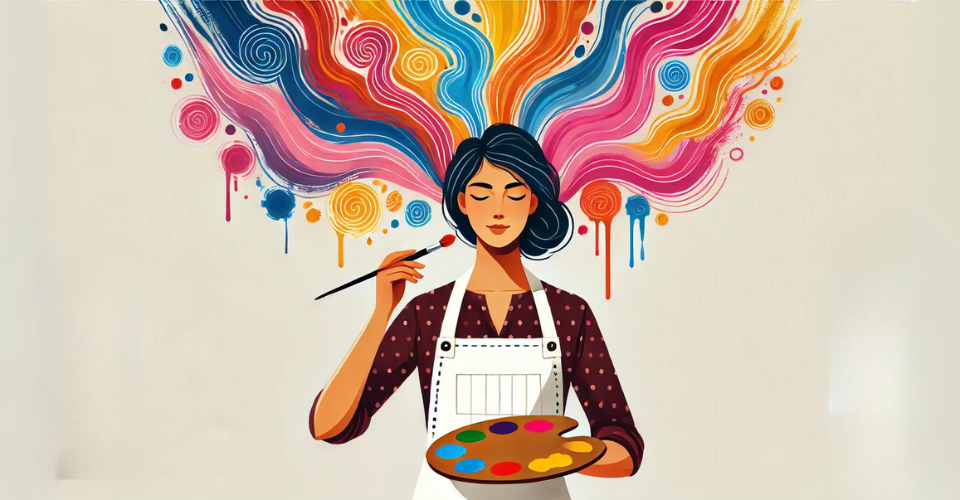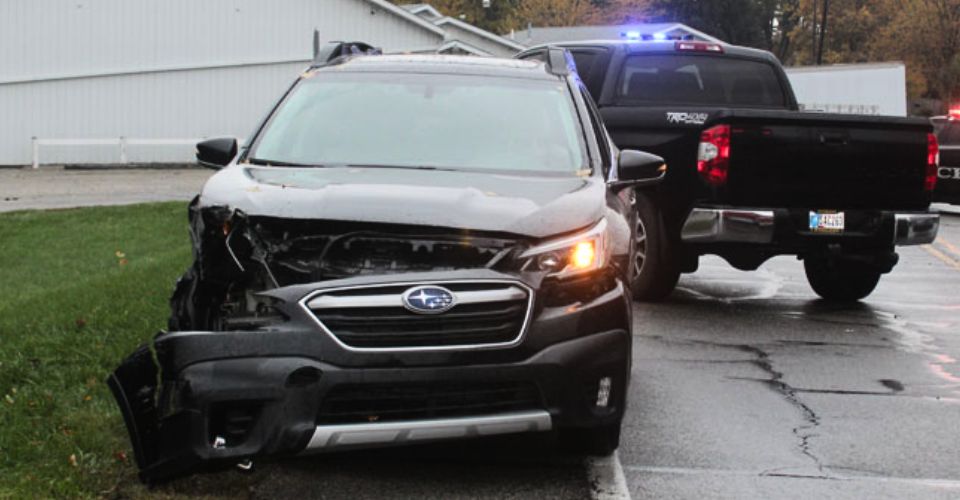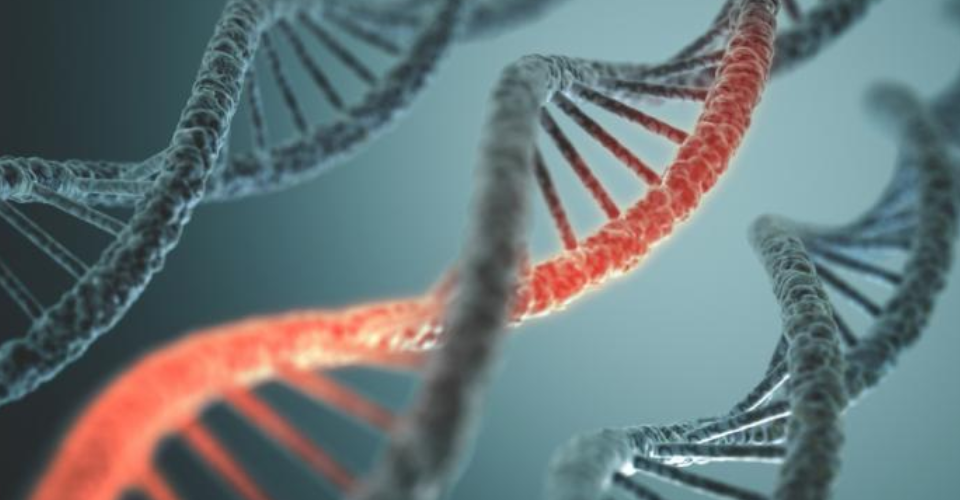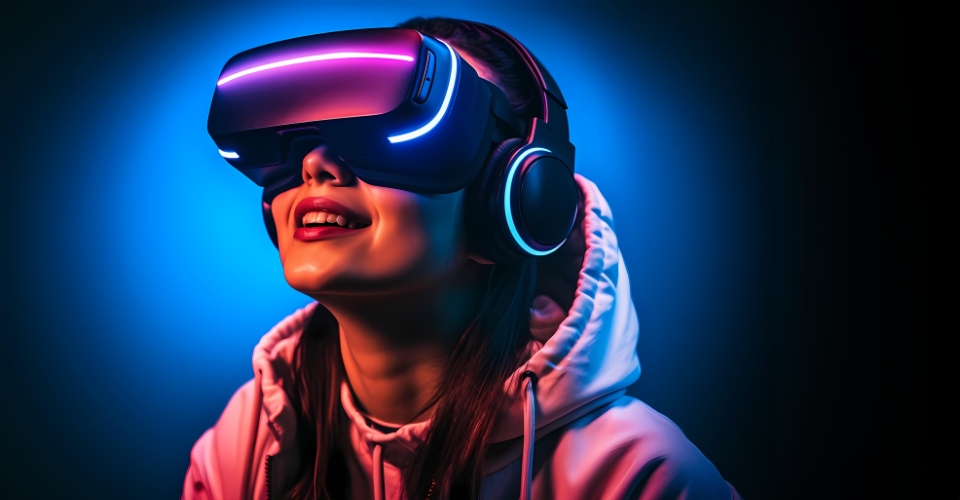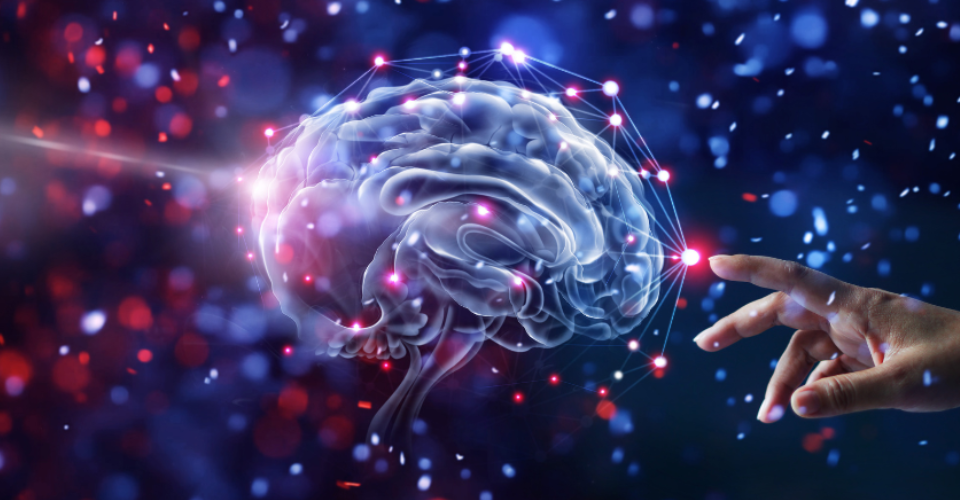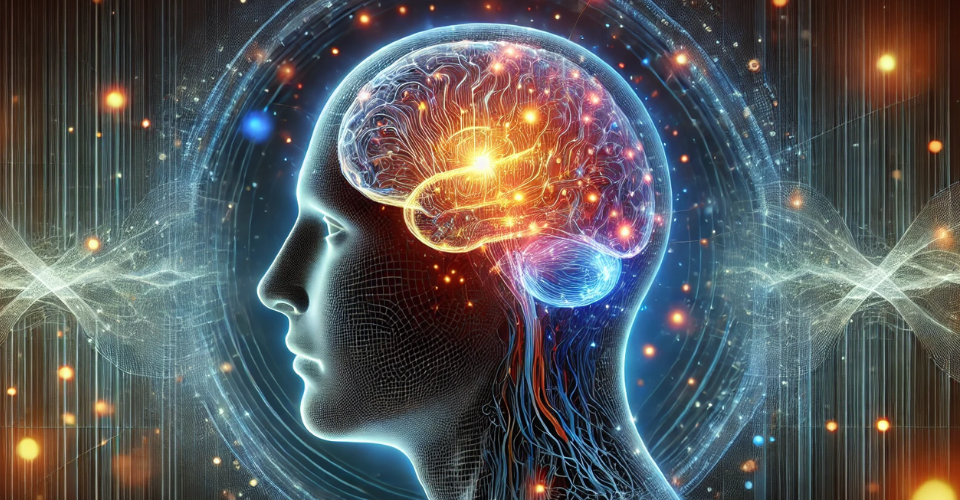The reduced stigma surrounding mental health topics is undeniably beneficial, but it has also led to an unexpected and concerning byproduct: the casualization of serious mental health disorders like ADHD and OCD among millennials.
In today’s society, mental health has moved from the peripheries to the forefront of public discourse.
The Concept Of ADHD And OCD Among Millennials
Many young people today freely self-diagnose and claim to have ADHD and OCD, often without professional consultation. The vernacular surrounding these disorders has infiltrated common parlance to such an extent that they’ve become almost ‘trendy’ diagnoses. This is particularly troubling given the clinical complexity of these conditions.
ADHD (Attention Deficit Hyperactivity Disorder) is a neurodevelopmental disorder characterized by persistent symptoms such as impulsivity, hyperactivity, and difficulties in sustaining attention.
On the other hand, OCD (Obsessive-Compulsive Disorder) is an anxiety disorder characterized by intrusive, distressing thoughts, known as obsessions, and repetitive behaviors or mental acts intended to alleviate these thoughts, known as compulsions.
While accessibility to mental health information is generally a positive development, it also opens the door to misinterpretation and oversimplification.
Self-diagnosis based on a few internet articles or social media posts can lead to improper self-management and might discourage people from seeking professional help. Furthermore, it trivializes the experiences of those genuinely struggling with these disorders, making it harder for them to be taken seriously.
The casual throwing around of these terms leads to another crucial question: Are ADHD and OCD truly becoming more prevalent among millennials, or does it just appear that way due to increased self-diagnosis?
According to mental health experts, while awareness and, consequently, diagnosis have indeed increased, this is not enough to explain the surge in claimed cases, particularly when many have not been clinically diagnosed.
Self-diagnosis not only potentially trivializes serious disorders but can also lead to incorrect or harmful treatments. Both ADHD and OCD have specific diagnostic criteria and require a comprehensive evaluation by qualified professionals for an accurate diagnosis and effective treatment plan.
The disorders often co-occur with other mental health conditions, making it even more essential to consult experts who can provide a holistic understanding and tailored treatment.
As mental health becomes less stigmatized, it’s crucial to encourage responsible discourse around it.
Using clinical terms casually undermines the severity of these conditions and could mislead those who may genuinely need help into thinking their symptoms are normal or not serious enough to warrant professional help.
Schools, colleges, and social organizations need to play a more active role in educating young people about the importance of mental health, the complexities of disorders like ADHD and OCD, and the necessity of proper diagnosis and treatment.
While the openness in discussing mental health issues is a step in the right direction, it is essential to tread carefully.
The trivialization of disorders like ADHD and OCD serves no one — it harms those who genuinely suffer from these conditions and misleads others into thinking they do. In the age of information, what’s required is not just awareness but accurate, nuanced understanding and a commitment to responsible dialogue.



